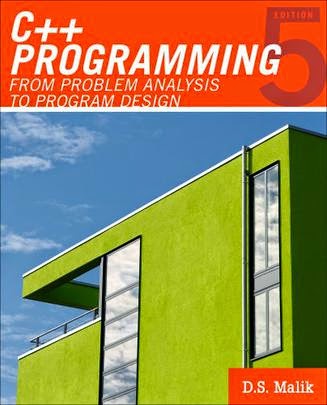C Knights An Introduction To Programming In C Pdf Download

Adobe Flash Player is required to view this feature. If you are using an operating system that does not support Flash, we are working to bring you alternative formats. Original Article Brief Report Cytokine Storm in a Phase 1 Trial of the Anti-CD28 Monoclonal Antibody TGN1412 Ganesh Suntharalingam, F.R.C.A., Meghan R. Perry, M.R.C.P., Stephen Ward, F.R.C.A., Stephen J. Brett, M.D., Andrew Castello-Cortes, F.R.C.A., Michael D. Brunner, F.R.C.A., and Nicki Panoskaltsis, M.D., Ph.D.
Knights of Columbus - the Knights started Catholic Information Service (CIS) to educate non-Catholics about the beliefs and practices of the Catholic Church. NET Framework; NoSQL; Oberon; Objective-C; OCaml; Octave; OpenGL ES; OpenMP; OpenResty; OpenSCAD; PC-BSD; Perl; Perl 6 / Rakudo; PHP; PicoLisp; PostgreSQL; PowerShell; Processing; Prolog. Constraint Logic Programming. PureScript; Python. Django; Flask; Kivy; Pandas; Pyramid; Tornado. QML; R; Racket. The Model 5204 is a low-cost fire alarm control panel with optional communicator that meets. UL 864 and NFPA 72 requirements. It is available with a 12. Maintain uninterrupted service. 3.1.1 FCC Warning. Manufacturer: Silent Knight Security Systems. Model Number: 5204. FCC registration number. Tabtight professional, free when you need it, VPN service.

N Engl J Med 2006; 355:1018-1028 DOI: 10.1056/NEJMoa063842. Six healthy young male volunteers at a contract research organization were enrolled in the first phase 1 clinical trial of TGN1412, a novel superagonist anti-CD28 monoclonal antibody that directly stimulates T cells. Rob Papen Blue Mac Download.
Within 90 minutes after receiving a single intravenous dose of the drug, all six volunteers had a systemic inflammatory response characterized by a rapid induction of proinflammatory cytokines and accompanied by headache, myalgias, nausea, diarrhea, erythema, vasodilatation, and hypotension. Within 12 to 16 hours after infusion, they became critically ill, with pulmonary infiltrates and lung injury, renal failure, and disseminated intravascular coagulation. Severe and unexpected depletion of lymphocytes and monocytes occurred within 24 hours after infusion. All six patients were transferred to the care of the authors at an intensive care unit at a public hospital, where they received intensive cardiopulmonary support (including dialysis), high-dose methylprednisolone, and an anti–interleukin-2 receptor antagonist antibody. Prolonged cardiovascular shock and acute respiratory distress syndrome developed in two patients, who required intensive organ support for 8 and 16 days. Despite evidence of the multiple cytokine-release syndrome, all six patients survived.
Documentation of the clinical course occurring over the 30 days after infusion offers insight into the systemic inflammatory response syndrome in the absence of contaminating pathogens, endotoxin, or underlying disease. On March 13, 2006, eight healthy male volunteers participated in a double-blind, randomized, placebo-controlled phase 1 study of the safety of TGN1412 (TeGenero), a novel monoclonal antibody. The study drug is a recombinantly expressed, humanized superagonist anti-CD28 monoclonal antibody of the IgG4κ subclass that stimulates and expands T cells independently of the ligation of the T-cell receptor. In contrast to other antibodies in clinical use or in clinical trials, TGN1412 directly stimulates the immune response in vivo. In preclinical models, the stimulation of CD28 with TGN1412 (or with murine-antibody counterparts) preferentially activated and expanded type 2 helper T cells and, in particular, CD4+CD25+ regulatory T cells, resulting in transient lymphocytosis with no detectable toxic or proinflammatory effects. On the day of the trial, six of the eight volunteers received TGN1412 and two received placebo.